Comparing a Music Career to Opening a Food Cart
I often like to compare business practices of other industries and to take the lessons learned to apply it towards a music career. The other day, I was thinking about the food industry and it was so much like our world in music. I grew up in a very entrepreneurial family and started helping my parents’ restaurant business when I was still in elementary school so many of these lessons came quite early in life.
Here in Portland, OR, most people are starting their food business in the form of a food cart. It’s less expensive, there’s less risk, and you’re often grouped together in a “pod” of other food carts so often times you’ll just get crowds of hungry people who would like some food but are unsure of what they’d like yet (or you can be exposed to the customers of other carts). Picture yourself as a chef who wants to make a living doing what they love for a living: cooking. Not much unlike the music industry isn’t it?
Musicians who want to take some of the initial steps of their career should go through many of the same steps: they have to think about funding, locations (venues, tour locations), how to get exposure, etc. However, there are some basic business principles that we can see about other industries that we’re sometimes completely blind to in our own.
For instance, much like musicians who want to get great reviews from critics, restauranteurs want/need positive reviews from customers (Yelp, Foursquare, etc.) as well as the local media. However “good” restaurants who aren’t doing anything new or different don’t stand out. The food carts in Portland that get the most attention are those that are cutting edge and offering something that no one else is. Koi Fusion is a quickly expanding street-food empire who has been standing out because of their unique Korean approach to local Oregon foods (so much so that the founder, Bo Kwon, has been name of of the “50 Most Influential People in Portland”).
On that same note, bands/musicians who are not offering anything up new or different (even if they’re pretty good) will often get sorted into a large pile of other good bands in that genre. The talented but common rock band, singer-songwriter, or hiphop artist that isn’t offering anything different gets to be passed like the average, tasty taco truck.The ones that take more risks, who are different or cutting edge tend to be the ones that get covered in Pitchfork. Those are the movers and shakers.
Just like the up-and-coming, hip restaurants get the most attention (the line outside tends to attract more customers), people pay more attention to the band that has been generating a buzz. Even the food stalls in a shopping mall that offer up free samples get more people checking them out than those that don’t (like the incentive of free music). The comparisons could go on and on but I challenge you to take some time and think about what you’d do to make a splash on the culinary world…and how would you take those lessons to apply them to your music career? How would you apply these ideas to other industries?
